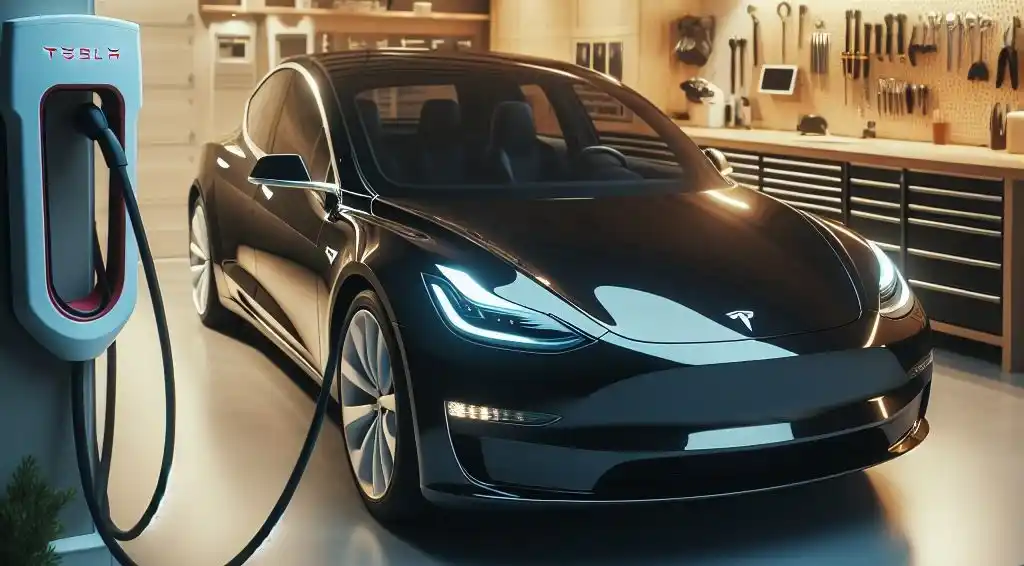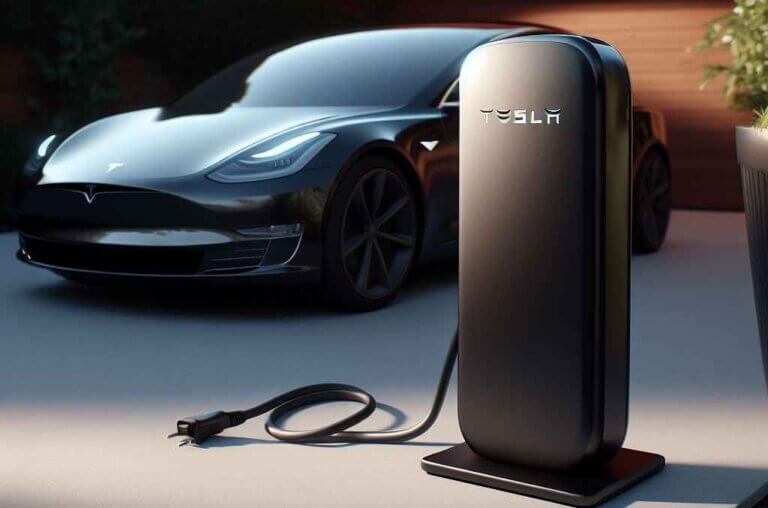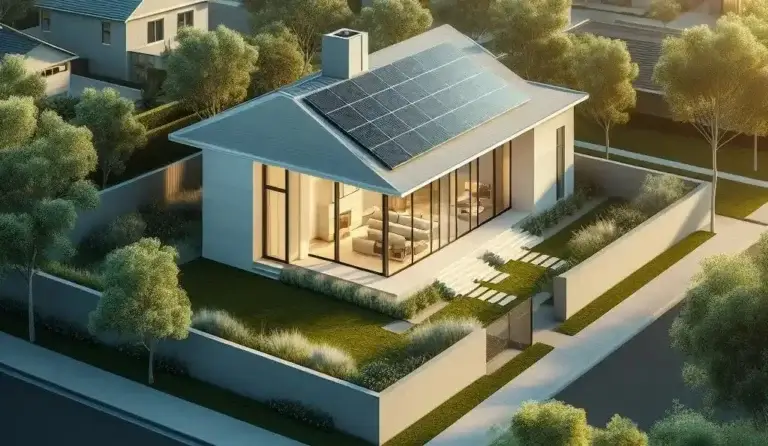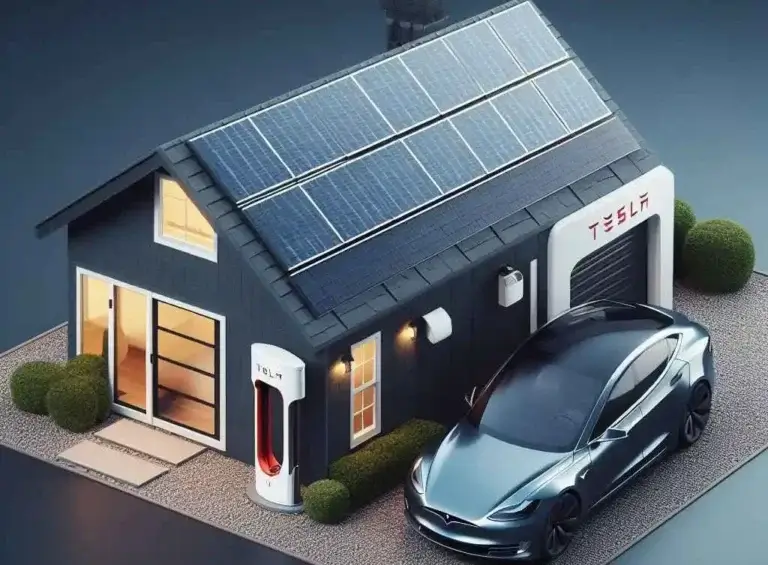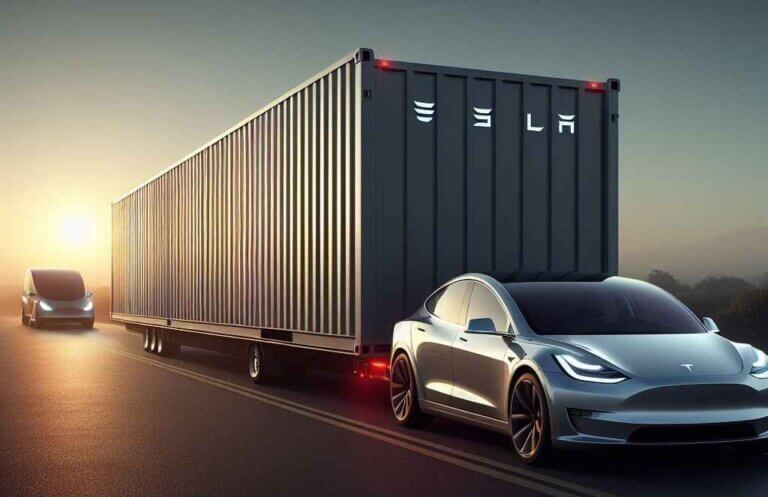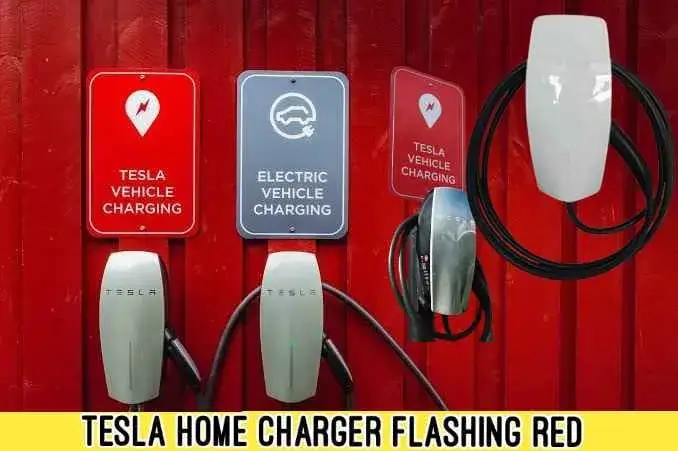How Much is it to Install a Tesla Charger
Wondering what it will cost to install a Tesla wall connector or other home EV charger when getting your new Tesla EV? With gas prices soaring, more drivers are switching to electric vehicles like Teslas for convenience and fuel savings. However, installing a Tesla home charger requires an investment.
In this guide, we break down How Much is it to Install a Tesla Charger, charging options for Tesla owners, factors impacting install pricing, cost-saving tips, and what to expect for your home. Read on for the complete details on the cost to install a Tesla wall charger, Tesla home charging equipment recommendations, and more.
Table of Contents
Tesla Home Charging Options for Your Electric Vehicle
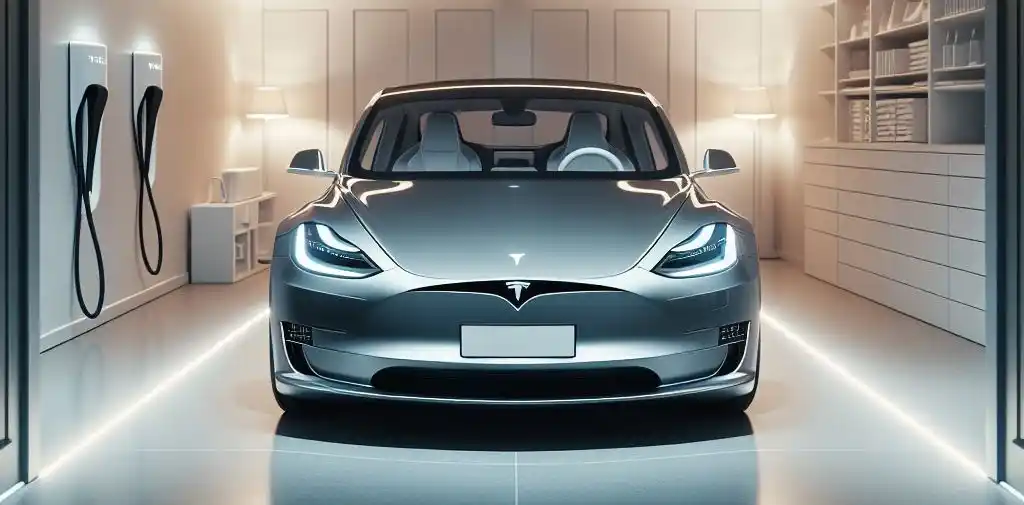
Tesla provides their customers with three main options for conveniently charging at home:
- Tesla Mobile Connector – Included portable charger that can plug into regular outlets
- Wall Connector – Fast, dedicated wall-mounted EV charger
- Compatible Third-Party Chargers – Other smart Level 2 chargers
While Tesla’s Mobile Connector offers basic functionality for overnight top-offs, a fixed Wall Connector or comparable third-party charger is better suited for faster daily charging. We’ll compare the pros and cons of each below.
Tesla Mobile Connector
- Portable EVSE charger
- Plugs into 120V wall outlets for slower charging
- Can use higher-powered 240V outlet for faster charging
- Included with vehicle purchase
- Provides 2-5 miles range per hour charge (120V)
- Good for occasional use, not daily
Pros: Versatile, flexible, affordable included charger.
Cons: Trickle 120V charging very slowly. 240V requires a heavy-duty outlet already installed.
Overall the most budget-friendly charging option but not very convenient for regular daily use at home. Okay for infrequent or backup charging.
Tesla Wall Connector
- Dedicated wall-mounted EV charger
- Permanently installed for convenient access
- Offers faster 240V Level 2 charging: ~30 miles range per hour
- $500 from Tesla plus install costs
Pros: Faster charging, convenient, sleek design, robust smart features
Cons: Requires professional installation with 240V wiring, more expensive
Best for Tesla owners who want fast, regular daily charging at home. Provides up to 44 miles of range per charging hour.
Third-Party Smart Home Chargers
- Examples: ChargePoint, ClipperCreek, JuiceBox, etc.
- Meet strict Tesla compatibility requirements
- Similar 30 miles range/hour with Level 2 charging
- Cost for equipment + installation similar to Tesla Wall Connector
Pros: Potentially cheaper. Flexible smart charging features.
Cons: Ensure strict Tesla compatibility. Less slick design.
Also good for primary daily home charging as long as confirmed as fully compatible with the Tesla model. Cost saving depends on the brand/model.
Based on their benefits and drawbacks, a dedicated Wall Connector or compatible third-party charger is best for regular daily charging. But what does it take to install them?
Charging Speed and Electrical Requirements
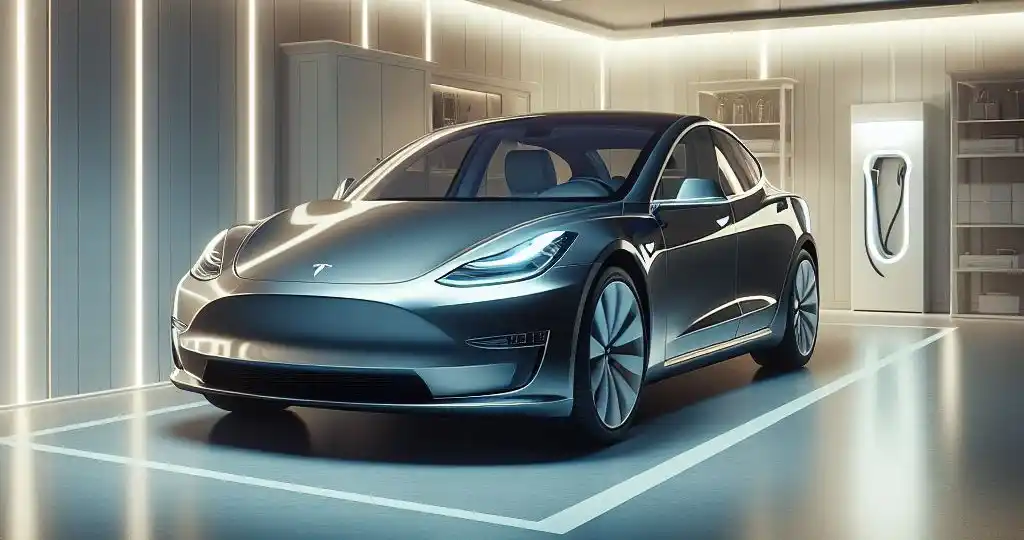
Before installing any home EV charger, it’s important to understand charging speeds, electrical requirements, and costs.
Charging Speed by Level
Charging speed determines how quickly you can replenish driving range, specified by miles per hour charging:
- Level 1 (120V outlet): Just ~3 miles/hour range added
- Level 2 (240V): 10-30 miles/hour range
- Level 3 Supercharging: Fastest (480V), but only public stations
So for all-night charging at home, Level 1 trickle charges too slowly even for low daily mileage. Faster Level 2 is best for overnight home charging to replenish driving range.
Electrical Infrastructure Needed
To install Level 2 charging requires:
- Dedicated 240-volt circuit – Needs new wiring unless existing NEMA outlet
- 40-60 amp circuit recommended (Tesla specs 60A max for Wall Connector)
- Supporting circuit breaker in the main electrical panel
This electrical setup supports up to 9.6kW charging rates, for the quickest charging. Installing this 240V infrastructure and necessary panel capacity constitutes the major portion of home EVSE installation costs.
What Impacts Tesla Charger Installation Cost?
Installing a suitable circuit for faster Level 2charging plus EVSE equipment has an assortment of cost factors:
- Location (distance from electrical panel)
- Necessary electrical upgrades
- Conduit needs
- Indoor vs. outdoor
- Charging equipment cost – Wall Connector ($500) or alternatives
We’ll analyze these in detail throughout the guide. But in general:
- Areas needing significant electrical upgrades or long wiring runs cost more
- Outdoor installations often have higher prices as more complex
- The electrician’s hourly rate and number of hours dominate the overall installation cost
Understanding these variables helps set accurate budget expectations when installing your Tesla home EV charger.
Cost Overview: Installing a Tesla Wall Connector
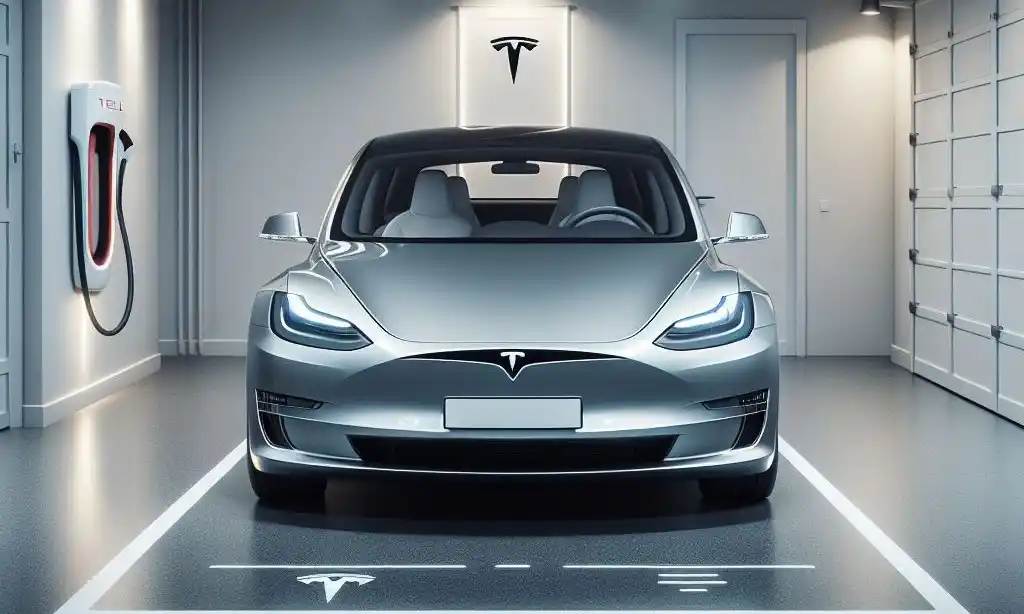
What can you expect to pay for a Wall Connector installation? Costs vary widely, but typically range from:
- Basic Indoor Install: $1300 average
- Complex Install Requiring Upgrades/Conduit: $1500 – $4000+
Cost examples:
- Basic 200A Panel Garage Install: $1100
- 100A Panel Requiring Upgrade: $3300
- Detached Garage Requiring Conduit: $3200
The need for major electrical upgrades or extensive new conduit/wiring runs can raise costs drastically, from $1500 into the $4000+ range.
Let’s break down typical cost ranges in more detail.
Typical Tesla Wall Connector & Home EV Charger Installation Cost Breakdown
Installing a Wall Connector or comparable Level 2 smart EV charger typically comprises:
- Electrical work – $500 to $2500+
- Charging station equipment – $400 to $700
Total cost range: $900 to $3200+
Here is how major installations price components breakdown:
Electrical Work
- Hours of electrician time
- Cost of parts/materials
- Permit fees
Range: $500 to $2500+
Straightforward garage installs take 6-15 hours ~$100/hr = $600-$1500. Complex installs go up significantly in electrician hours due to extended wiring, conduit runs, upgrades, or repairs required. Difficult site conditions also drive up costs.
Let’s examine sample electrical work pricing further.
Indoor 240V Wiring Install
- 6-15 hours of electrician time at ~$100 per hour
- Simple circuit install: 6-8 hours
- Complex install: 12-15+ hours
- Parts/materials (breakers, wire, conduit if needed)
- Permit fees: Often $100-$150
Total: $800 to $1600 typical
Sufficient when: Existing 200 amp service, 60A breaker slot available, fairly direct wire run under 50′. The sweet spot is around $1100.
But costs scale up if your panel needs upgrades, the breaker position is scarce, or long wire runs require extensive wiring. Especially if conduit or drywall repairs are needed.
Upgrades: Electrical Panel/Service
- Panel or service lateral upgrade (200A minimum recommended for Level 2 EV charging)
- Typically $1500 to $3000+
- Dramatically increases project cost
Outdoor/Detached Garage Charger Install
- Trenching for underground wiring conduit
- Concrete/asphalt cutting equipment rental
- Trench dug >18″ depth
- Weatherproof box + receptacle/cover
- Conduit, wiring, materials
- Lots of labor time
Often $2000 to $4000+
Significant costs come from:
- Materials: Thicker wired conduit is expensive
- Equipment rental fees
- Double installation hours (16-30+ hrs x electrician rate)
In short, any major upgrades required or complex site conditions cost more in time, labor, and materials.
Charging Equipment Cost
- Either:
- Tesla Wall Connector – $500
- Compatible third-party charger – $400 to $700+
- Third-party may be cheaper (depending on model)
Equipment is essential for charging capability but just one cost portion. However, shopping equipment wisely can save hundreds. Balance feature needs with cost.
Total Cost to Install a Tesla Home Charger
When you tally typical electrical work costs plus charging equipment price estimates:
- Electrical: $500 to $2500+
- Charger: $400 to $700
Total Install Cost Range: $900 to $3200+
At the low end, a basic indoor install with existing capacity might run $900 to $1500.
But complex installs involving upgrades and challenging site conditions often tally $1500 to $4000+.
The presence of above-average price factors like long wire runs, inadequate electrical, detached garage placement, etc can raise costs drastically. It pays to understand key variables in play.
Now let’s examine smart ways you may be able to save on your Tesla charger install.
Cost-Saving Tips for Installing a Tesla Home Charger
Are you wondering if you can trim some fat off your home Tesla charger installation quote?
Pricing flex points include:
1. Charger Placement
- Indoor/attached garage cheaper
- Shorter wire runs = less labor, materials
- Avoid adding new conduit where possible
$800+ potential savings over a detached garage
2. Near the Main Electrical Panel
- Minimizes wiring needed
- Try to avoid the necessity of new conduit
Saves $200 to $1000+ in materials/labor
3. Shop Equipment & Electrician Wisely
- Balance charger features vs price
- Non-premium electricians will cost less hourly
- Get multiple bids to compare
Saves $300+ in smart equipment selection
Saves $100+ per hour in labor charges
4. Check for Local/State Incentives
- Some regions offer rebates on EV charging station purchase/install
Save up to $800
5. Share Costs?
- For households with multiple EV drivers, share the expense
- Helps offset costs
Every bit helps improve EV infrastructure ROI.
While complex installs cost more, indoor placement, proximity to electrical service, and savvy shopping decisions can conservatively reduce install costs by $1300+.
Key Takeaways: What to Expect for Tesla Home Charger Installations
In this 2023 guide covering home Tesla EV charger installation costs from Wall Connectors to third-party alternatives, key points include:
- Average Cost All-In: Around $1300
- $500 to $2500 Typical Electrical Work Range
- $400 to $700 for Equipment Purchase
- Potential for $1500 to $4000+ Complex Install Pricing
- Major Electrical Upgrades or Challenging Install Sites Increase Project Costs
- Smart Equipment Selection & Electrician Sourcing Can Trim $500+ Off Costs
- Check for Available Local/State Incentives
Installing proper home charging equipment requires planning and investment, but quickly yields dividends through fuel cost savings and daily charging convenience. With realistic expectations for your garage’s circumstances, you can budget accordingly and enjoy seamless home charging with your Tesla EV.
FAQs: How Much is it to Install a Tesla Charger
Do I have to use Tesla’s Wall Connector?
No, there are third-party alternatives as long as they meet Tesla’s charging compatibility technical specifications. Some popular options come from ClipperCreek, ChargePoint, and JuiceBox. Shop around for potential cost savings.
Is it difficult to install a Wall Connector myself?
Tesla does provide documentation for handy homeowners, but due to electrical complexity and permit requirements, professional installation is strongly recommended.
How can I get accurate price estimates for my home?
Quoting can vary widely. For the most precise quote: have an electrician visit to inspect your electrical panel and proposed charger site specifics. Critical factors that impact pricing are building layout particulars, existing electrical capacity, and if any upgrades are needed.
Does Tesla offer installation services?
Tesla does partner with certified third-party electricians experienced with EV charger installs, who can provide quotes. They don’t perform installations directly. Use their Find an Electrician tool for referrals.
When do installation costs pay off?
Based on fuel cost savings and depending on electricity rates/home charging incentives in your region – generally 1 to 5 years before home charging station installation has paid for itself in gas savings. Plus convenience.

